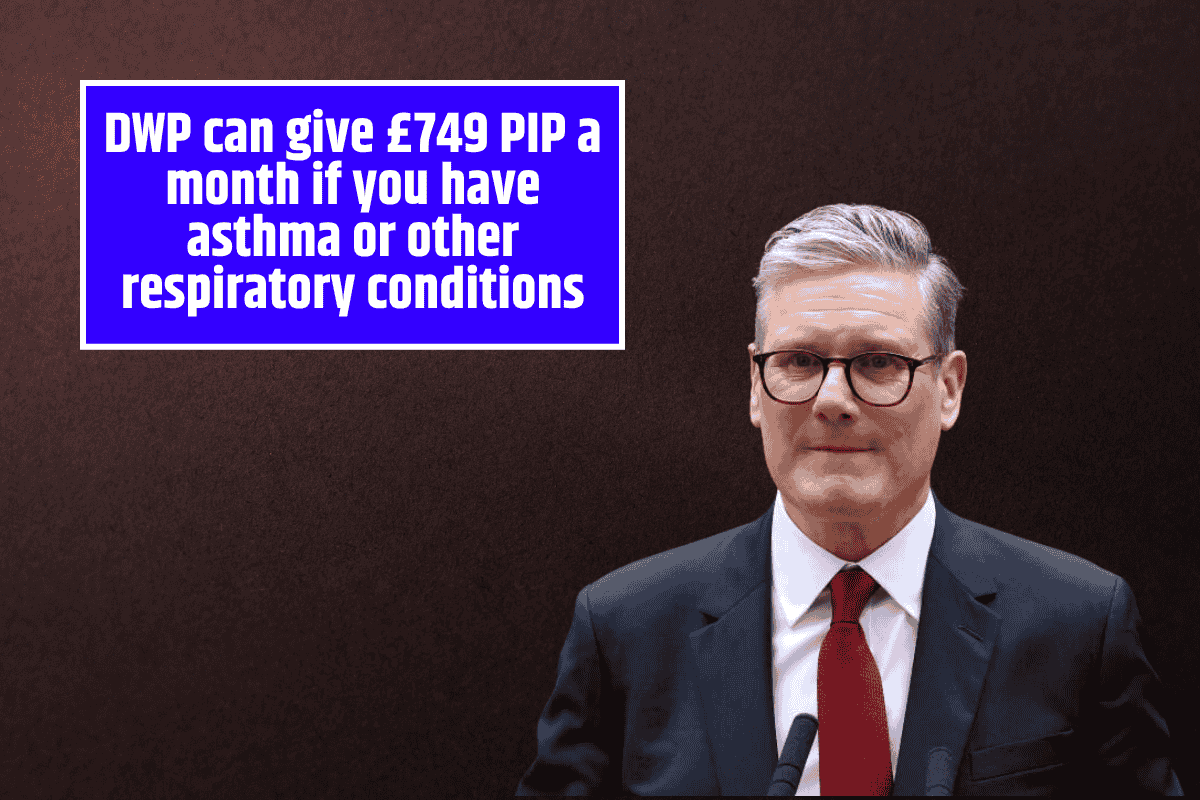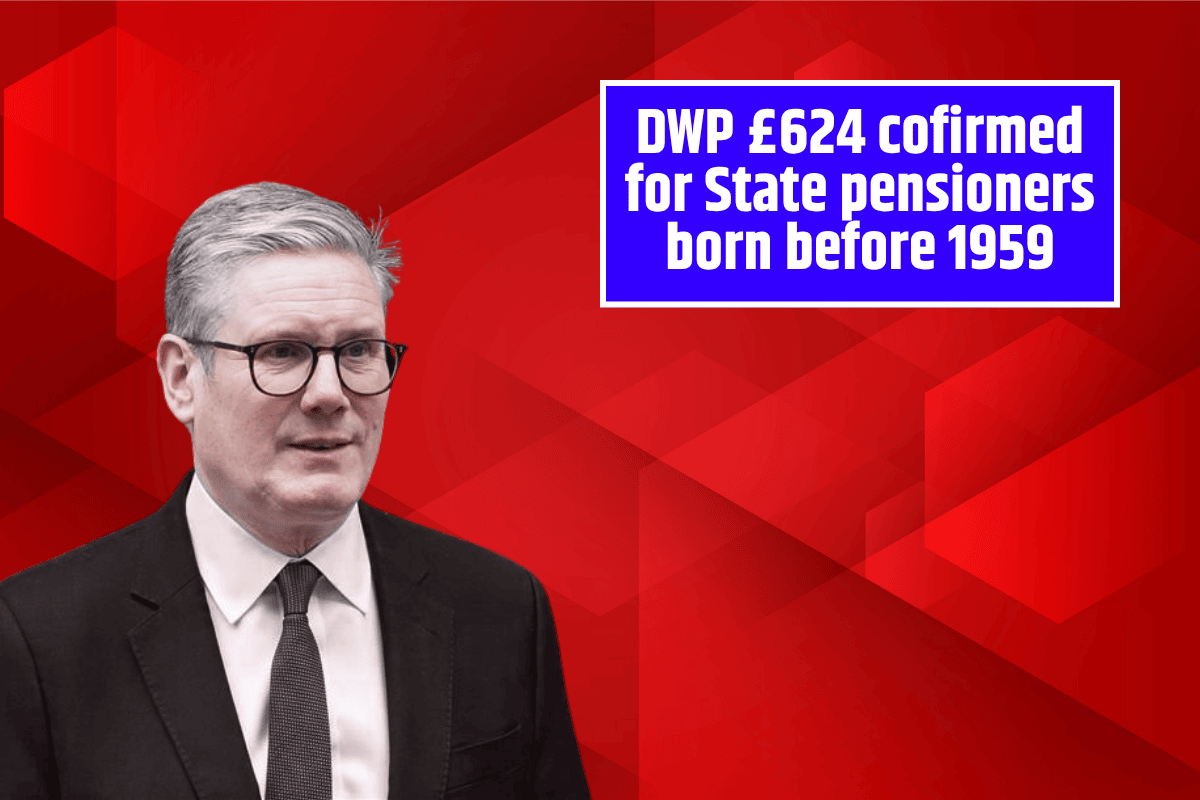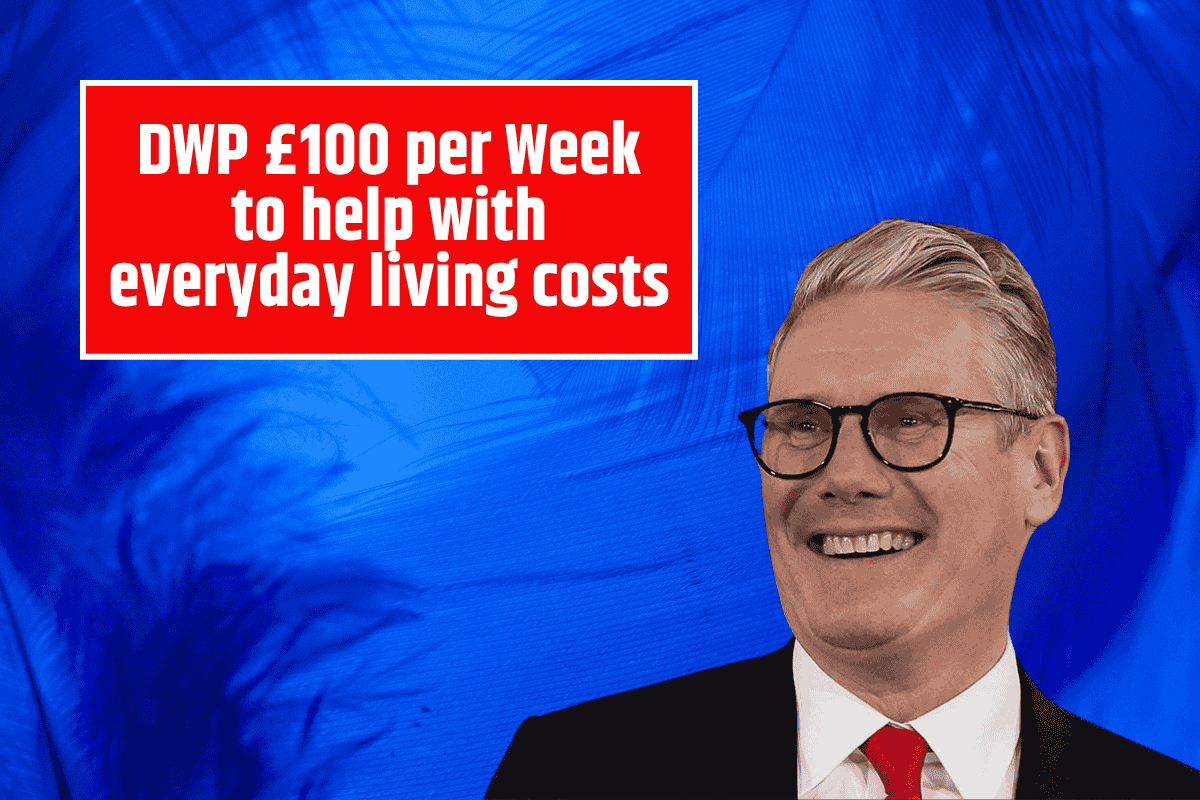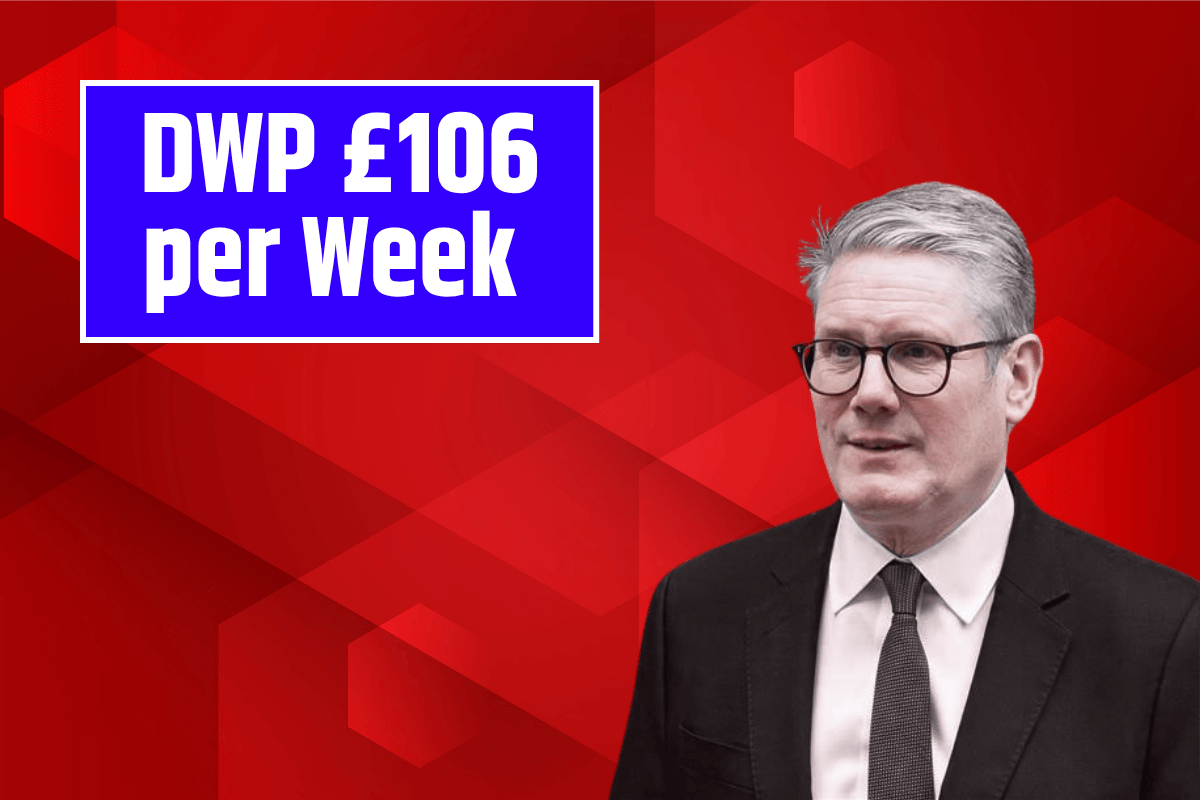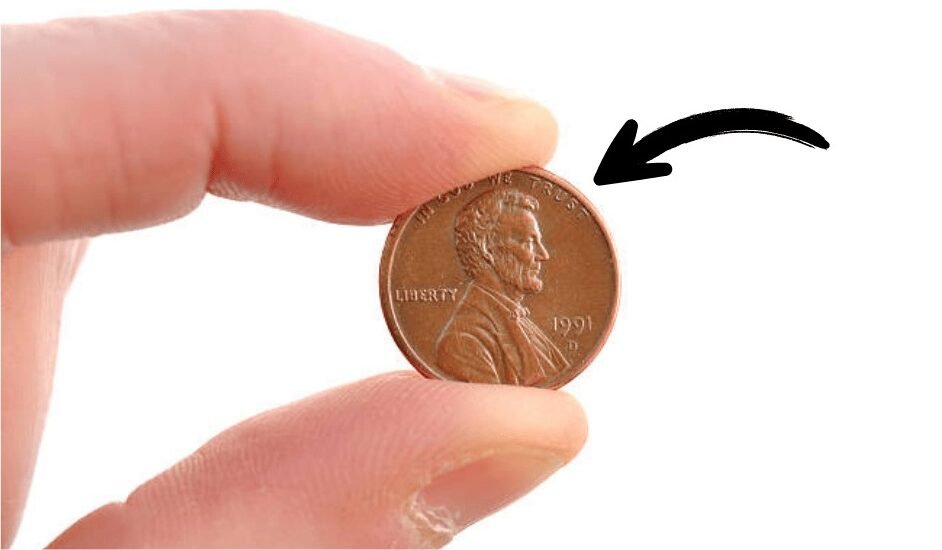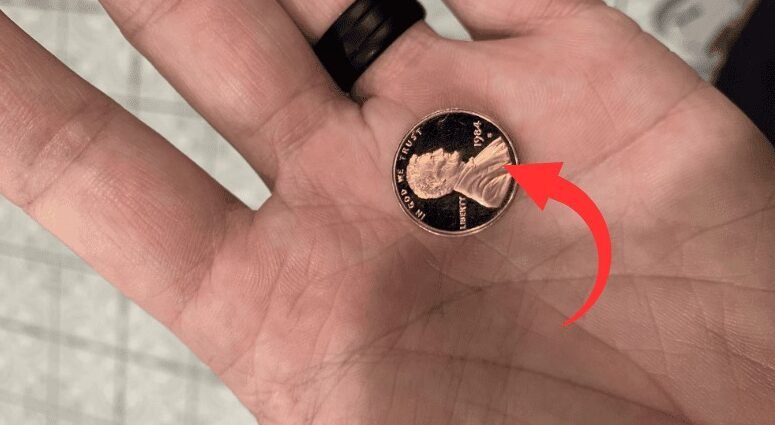If you have a respiratory condition that affects your daily life, you might be eligible for financial support from the Government. Personal Independence Payments (PIP) are designed to help people with long-term health conditions who struggle with daily tasks or mobility.
Respiratory health issues like severe asthma, Chronic Obstructive Pulmonary Disease (COPD), or other breathing problems could make you eligible for PIP, providing vital support to manage your condition.
In this article, we’ll explore how PIP works, who qualifies, and how it can help those living with respiratory health conditions.
What is PIP and How Does It Help?
PIP is a government benefit aimed at helping people with long-term health conditions. The payment comes in two parts:
Daily Living Part: This helps if you need assistance with everyday tasks, such as eating, dressing, or washing.
Mobility Part: This assists if you struggle to get around or need help with moving from place to place.
- The amount you receive depends on how difficult these tasks are for you, and whether you need help with them. In the case of respiratory conditions, the severity of your breathing difficulties will determine whether you qualify and how much you can receive.
For example, if you are unable to breathe properly without assistance or face challenges when walking due to your breathing issues, you might be eligible for one or both parts of PIP.
Respiratory Conditions Eligible for PIP
There are many respiratory conditions that could make you eligible for PIP. These include, but are not limited to:
Asthma
Chronic Obstructive Pulmonary Disease (COPD)
Cystic Fibrosis
Pulmonary Fibrosis
Asbestosis
Bronchiectasis
Sleep Apnoea
Emphysema
Pneumonia
Data from the Department for Work and Pensions (DWP) shows that 137,957 people were receiving PIP for respiratory conditions by the end of January 2025. These conditions can seriously impact a person’s ability to perform day-to-day tasks and move around, making PIP a crucial source of financial support.
How Much Can You Receive from PIP?
PIP amounts vary depending on your needs. The benefit is paid every four weeks and can range between £29.20 and £187.45 per week. This means you could receive anywhere from £116.80 to £749.80 every pay period, depending on the severity of your condition and how much help you need.
The DWP’s figures show that people with respiratory conditions can receive financial support to help manage the challenges they face. This money can go towards paying for medical treatments, mobility aids, or assistance with daily activities.
Eligibility Criteria for PIP
To qualify for PIP, your condition must significantly affect your ability to carry out daily tasks or get around. Your eligibility is not based solely on the condition itself, but on how much it impacts your daily life. For example, two people with the same condition might receive different amounts depending on how it affects their abilities.
Key eligibility factors include:
Long-term Health Condition: You need to have had a long-term respiratory health condition that affects your ability to carry out daily living or mobility tasks.
Age: You must be 16 or older and under State Pension age.
Impact on Daily Life: You will need to show how your condition limits your ability to carry out tasks, such as dressing, cooking, or moving around.
When you apply for PIP, a health professional will assess how your condition affects you. They will look at your ability to complete daily tasks and how much help you need. Based on this assessment, a report is sent to a decision maker who will decide if you are eligible for PIP and how much you will receive.
How to Apply for PIP
To apply for PIP, you must first call the DWP to start your claim. You can do this by calling 0800 917 2222 or through the PIP online claim form available on the official GOV.UK website.
Once you apply, you’ll be invited to an assessment with a health professional who will discuss your condition and how it affects your daily life. This is an important part of the process, as the assessment helps determine whether you are eligible and the level of support you need.
The Claims Process
The claims process for PIP involves several steps:
Application: You fill out the claim form and provide information about your condition and how it affects your life.
Assessment: A health professional reviews your case and conducts an assessment to see how your condition impacts daily activities and mobility.
Decision: A decision maker reviews the assessment report and makes a final decision on your PIP eligibility and payment amount.
Payment: If you’re eligible, you will start receiving payments.
PIP provides essential financial support for people living with respiratory conditions, helping them manage the extra costs of daily living and mobility. If you are affected by a respiratory condition like asthma or COPD, it’s worth checking if you qualify for PIP.
This benefit can make a significant difference, giving you the support you need to live more independently. Always ensure you provide clear evidence of how your condition affects your day-to-day life to receive the full support you’re entitled to.
FAQs
What is PIP?
Personal Independence Payments (PIP) are financial support payments from the UK government for people with long-term health conditions, including respiratory conditions, that make everyday tasks or mobility difficult.
How do I apply for PIP?
You can apply by calling the Department for Work and Pensions (DWP) at 0800 917 2222 or through the PIP online claim form on the GOV.UK website.
What conditions are eligible for PIP?
Respiratory conditions like asthma, COPD, and pulmonary fibrosis, along with other health issues affecting breathing, can make you eligible for PIP if they impact daily tasks or mobility.
How much could I receive from PIP?
PIP payments range from £29.20 to £187.45 a week, depending on your level of need, with a total of £116.80 to £749.80 paid every four weeks.
How is PIP assessed?
A health professional will assess how your respiratory condition affects your ability to carry out daily activities. They will provide a report that helps the DWP make a decision on your eligibility and payment rate.
